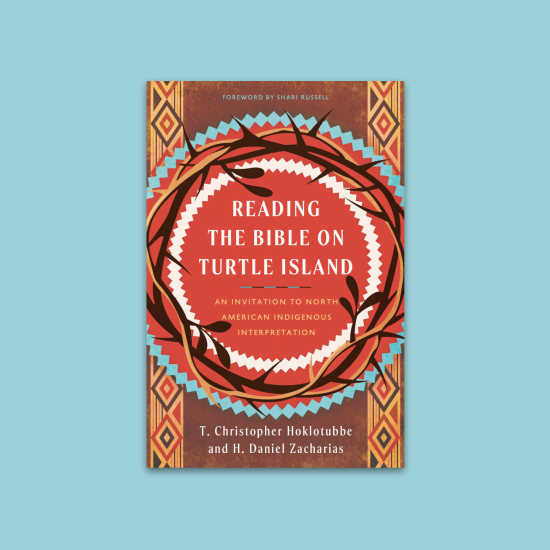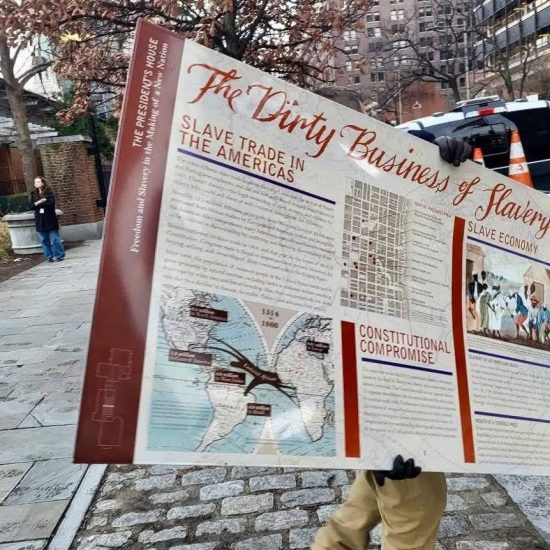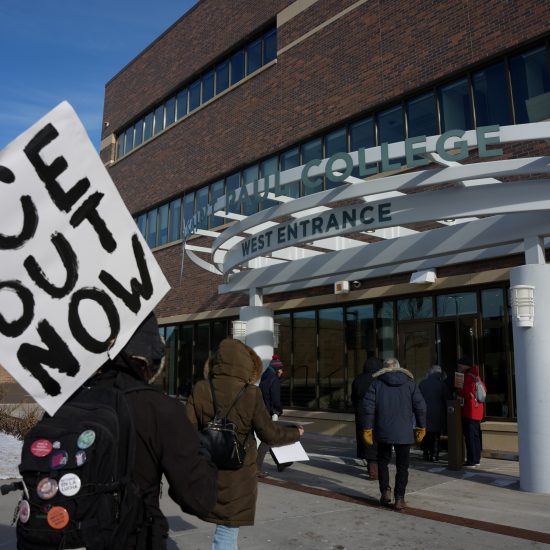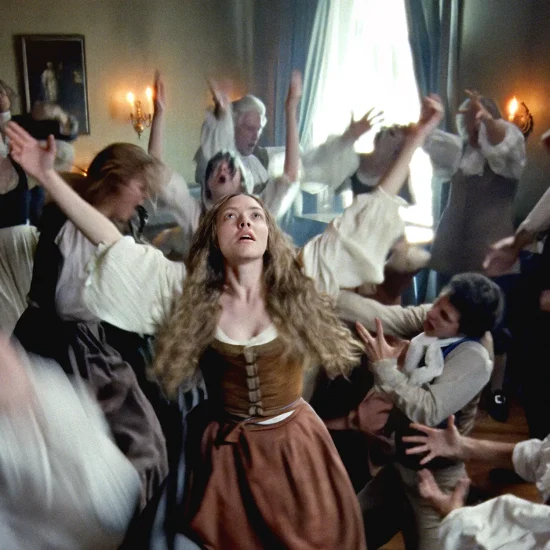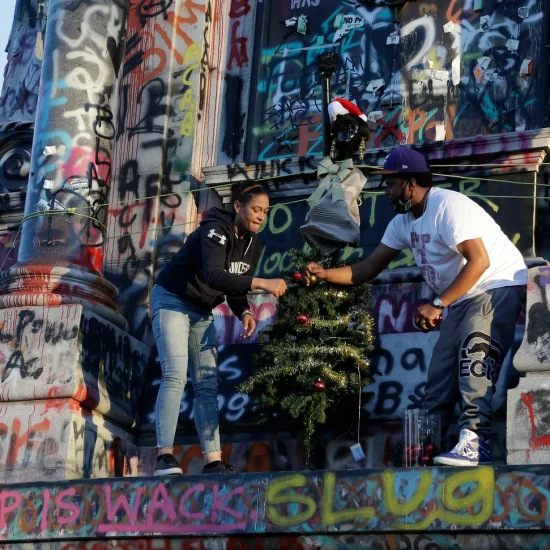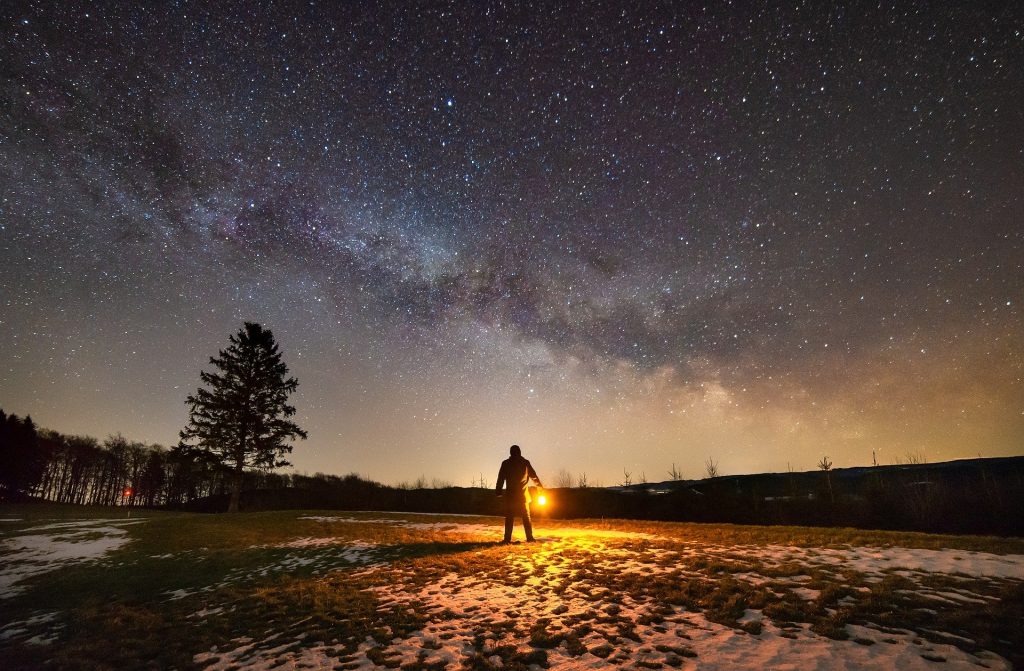
Pixabay
We celebrate many early Baptist giants. Thomas Helwys. Roger Williams. John Leland. Adoniram and Anne Judson. Luther Rice. But there’s one we generally don’t know.
Jack.
His full name is lost to history. That’s because he was black in an age when prevailing racism meant church records only listed a first name for blacks. Who was Jack? The first black Baptist member in America. And he was likely enslaved.
On Nov. 16, 1652, Jack joined the First Baptist Church in Newport, Rhode Island — the second Baptist church ever started in what is now the United States. He’s listed as the 45th member of that church started by John Clarke, a cofounder of Rhode Island. After first and last names are given for three white men who joined that day, the record then lists “Jack, a colored man.”
Yet, unlike other “first” Baptists, he gets only a passing reference — if at all — in Baptist history books. And some books inaccurately name another man — listed simply as Quassey — as the first black Baptist, although he didn’t join until nearly a hundred years later.
H. Leon McBeth’s definitive 800-page book on Baptist history, The Baptist Heritage: Four Centuries of Baptist Witness, includes this lone sentence: “The earliest known black Baptist was ‘Jack, a colored man,’ a slave baptized into the First Baptist Church of Newport, Rhode Island, in 1652.” That’s it. The first black Baptist is treated as a historical footnote, an oddity not worth more than perhaps a really tough Trivial Pursuit question. There’s a longer section in McBeth’s book noting Luther Rice’s horses than the first black Baptist.
As a result, most Baptists can’t answer the question of who was the first black Baptist. And that means most Baptists haven’t considered how deeply intertwined slavery is to our Baptist foundations in the U.S. — both in the South and the North.
After all, Jack joined the second Baptist church in America just 14 years after Baptists started on this side of the Atlantic. The founding generation of Baptists brought slavery into the sanctuary, apparently condoning the evil institution. And they may have done so before 1652 if they accepted slaveholders as members before Jack joined. We apparently don’t know who enslaved Jack, but it likely was someone already in the church or one of the three who joined the same day he did.
Roger Williams, John Clarke, and Obadiah Holmes (who replaced Clarke as pastor of the Newport congregation in 1652 and thus was the pastor when Jack joined) are all known for their strident defense of religious liberty. But did that call for freedom fully extend to their enslaved black neighbors? Although Williams, who founded the first Baptist church in America, opposed slavery, that teaching apparently didn’t stick too long after Williams the religious seeker abandoned Baptists.
That U.S. Baptist accepted slavery nearly from the start means we must work harder to unlearn those habits ingrained in our tradition. Baptist churches supported slavery in the U.S. for longer than it’s been abolished. That’s why David Goatley, a research professor of theology and director of the Office of Black Church Studies at Duke Divinity School in Durham, North Carolina, said churches must consider the “muscle memory” of slavery. He explained that since churches have not dealt with previous generations supporting slavery and other injustices, this “muscle memory” leads us to condone and even support injustice today.
He’s right. Many churches in the U.S. actually started with slaveholders as founding pastors and charter members. But we’ve whitewashed that part of our history. We need to research and tell those stories about our own churches.
And we need to tell the story of Jack, just 14 years into this Baptist experiment in America. Only then can we unlearn our muscle memory and build new muscles of justice.
Brian Kaylor is editor and president of Word&Way.

